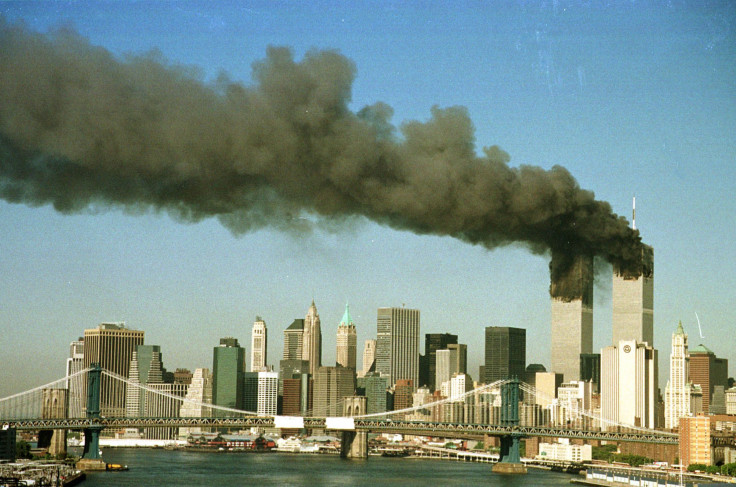Will Donald Trump Ban Muslims From US? Expected Executive Orders Don't Target Countries That Spawned US Terrorists

President Donald Trump may be poised to sign executive orders temporarily banning immigration from seven predominantly Muslim countries, but none of the countries included spawned terrorists who conducted attacks on the United States.
Reuters reported Trump likely will sign several executive orders Wednesday restricting immigration from Syria, Iraq, Iran, Libya, Somalia, Sudan and Yemen — all areas of strife where Muslim extremists have been attempting to seize power.
The 19 hijackers who conducted the terrorist attacks on Sept. 11, 2001, that brought down the World Trade Center towers and damaged the Pentagon, killing nearly 3,000 people, were from Saudi Arabia, the United Arab Emirates, Lebanon and Egypt.
U.S. Army psychiatrist, Maj. Nidal Hasan, who opened fire on unarmed soldiers in a processing center at Fort Hood in Killeen, Texas, Nov. 5, 2009, killing 13 people, was born in Virginia to Palestinian parents.
Brothers Dzhokhar and Tamerlan Tsarnaev, who set off pressure-cooker bombs at the Boston Marathon on April 15, 2013, that killed three people and wounded more than 200 were born in Kyrgyzstan but came to the United States as youngsters. They also killed two police officers as they attempted to elude capture.
The husband-and-wife team of Tashfeen Malik and Syed Rizwan Farook shot up a Christmas luncheon in 2015 at the Inland Regional Center in San Bernardino, California, killing 14 people. Malik was from Pakistan and had lived in Saudi Arabia. Farook had been born in the United States to Pakistani immigrant parents.
Omar Mateen, who shot up the Pulse nightclub in Orlando, Florida, June 12, 2016, killing 49 people, was born in New York to Afghani immigrant parents.
The Council on American-Islamic-Relations scheduled a news conference to offer reaction after the orders are signed.
“We are preparing for the inevitability of what kind of ‘Muslim ban’ will be implemented, and we’re working with coalition partners to develop a strategy to defend rights and religious freedoms,” said Ibrahim Hooper, national communications director and spokesperson for CAIR, told BuzzFeed News.
“Everybody is poised, waiting to see what the language is of this version of the Muslim ban, and we’ll go from there. Because until you see the specific language it’s difficult to react.”
The orders likely will ban immigration from those countries for several months until the State Department and the Department of Homeland Security can develop a more robust vetting process. Trump is likely to direct the State Department to stop issuing visas to people from the seven countries and instruct Customs and Border Protection to stop current visa holders from entering the United States.
Trump said during the presidential campaign a ban on Muslims from “terror-prone regions” would keep Americans safe from terror attacks.
Wednesday’s expected action is likely to placate anti-immigration advocates.
Activist Ann Corcoran took Trump to task Monday on the website Refugee Resettlement Watch, saying it didn’t look like the president even had the issue on his radar.
“Given what Donald Trump said throughout his campaign about his plans to put a halt to all Muslims entering the country, we have to be realistic about the kinds of proposals that could be on the table right now,” said Tom Jawetz, vice president of immigration policy at the Center for American Progress.
Democrats are threatening to file lawsuits against any administration action targeting a specific religious group.
“We are hearing the concerns and rumors from advocates, and are taking them very seriously,” an aide said in an email to Politico. “Since it sounds like this is treading into religious territory and the administration has been less than unequivocal about whether any Americans might get caught up in any of this, outside groups could likely make equal protection or establishment clause [religious freedom] claims.”
© Copyright IBTimes 2025. All rights reserved.






















